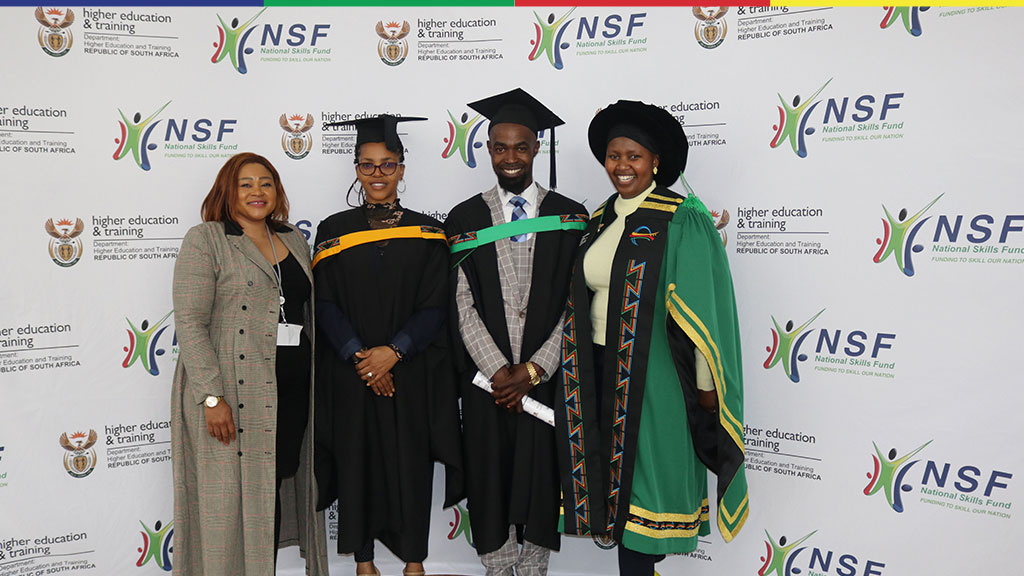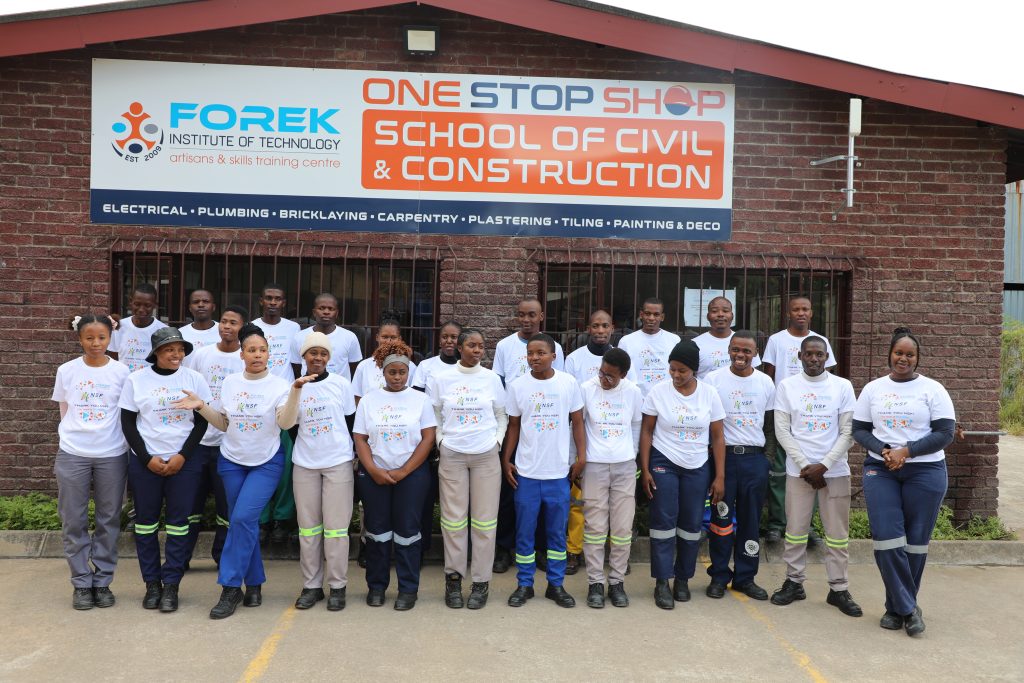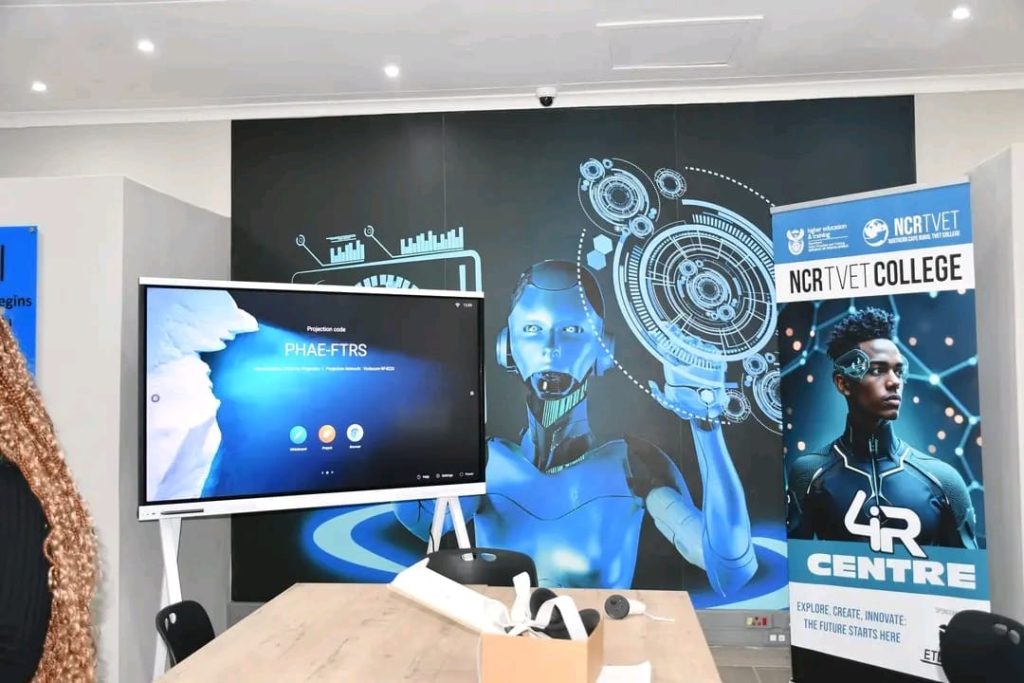The Department of Higher Education and Training (DHET) is working hard to meet the demand for 30 000 new artisans per year for the government’s strategic infrastructure projects.
The National Skills Fund (NSF), in support of the DHET goal, allocates funding on a triennial basis to colleges, particularly those that enrol students from underrepresented groups.
Yanga Jobela from eNgcobo in the Eastern Cape is one of many beneficiaries from the 50 colleges funded during the NSF’s Phase II funding to implement the TVET College Capacity Building and Occupational Programmes.
After being in and out of the North West, Carletonville and eNgcobo prisons from an early age, the 29-year-old may surprise some when they hear he is a qualified diesel mechanic artisan who graduated at King Sabata Dalindyebo (KSD) TVET College in Mthatha.
He’s optimistic, appreciative, and confident. This is because he was one of the 20 graduates to graduate as one of the first diesel mechanic artisans in the history of the college and was eager to make a difference while he was behind bars.
“I was involved in gangs and became a street hustler. As a result, I was in and out of jail at a young age. My ways finally caught up with me; as a result, I was convicted of murder in 2009,” says Jobela.
However, due to his good behaviour and exemplary attitude, he was granted parole in 2016. He then focused on his passion for auto repairs by transferring his skills and knowledge to other prisoners, where he taught them how to dismantle and assemble engine components through Sedibeng Training Centre.
“After teaching prison inmates, I returned to school in 2017 and continued my studies in mechanics at the KSD TVET College, where I applied for a three-year apprenticeship in diesel mechanics in 2019,” he adds.
Jobela laments that while there are many TVET colleges and universities of technology in South Africa, the platform for practical experience is still lacking, discouraging many young people from becoming artisans.
“While I’m a qualified diesel mechanic. I want to get employment and make a difference in my community by opening my workshop so that other aspiring artisans do not struggle to find training.”
KSD TVET College project manager Vuyolwethu Ntetha says the college is grateful to the NSF for the funding so that it was able to produce its first group of diesel mechanic artisans.
“KSD is a remote college, so it was comforting to know that our college was the first diesel mechanic project funded by the NSF. It allowed us to place students who needed diplomas, support artisan development programmes, learnership programmes, and train micro, small and medium enterprises on a non-accredited programme,” says Ntetha.
She said the college is excited about the phase III project. Several graduates have already been hired by their in-service companies, such as Nissan and AB-350.
She notes that the college and the NSF have a good working relationship. Support was given whenever the college ran into project-related issues. All requirements for reporting were clearly stated.
The institution operates from a former teacher’s college. Hence most workshops needed to be refurbished. However, the college received accreditation for five trades by the end of the year because the NSF has provided funding for state-of-the-art equipment worth R9 million.
Minister Nzimande says that the department is already producing more than 20 000 artisans per annum, nearing the 2030 goal of 30 000 artisans. Employers, small businesses, and professionals are encouraged to ensure every workshop is open as a training space.
He adds that by 2030, colleges must be strong, differentiated institutions, offering a range of high-quality programmes while preparing students for the world of work and entrepreneurship.
“The core responsibility of leaders is to break down barriers to opportunities by creating pathways for young people to access skills training programmes, access workplace-based training, articulate into higher education, and pursue self-employment without any hindrance,” ends Minister Nzimande.
Picture:
By Zizi Hlungulu, NSF graduate intern (2021 to 2023)



